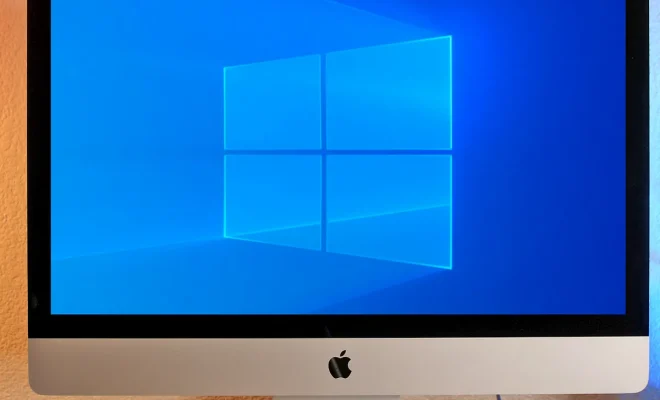Dolby Vision vs. Dolby Vision IQ: What’s Different and Do You Need to Upgrade?

Dolby Vision and Dolby Vision IQ are the two most popular high dynamic range (HDR) technologies that enhance the viewing experience of consumers. Both technologies offer an impressive range of brightness and contrast to viewers, but they have a few key differences. In this article, we’ll discuss the differences between the two and determine whether you need to upgrade to Dolby Vision IQ.
Dolby Vision is a technology developed by Dolby Laboratories that delivers a wider color gamut, brighter highlights, and more precise contrast than traditional HDR technologies. It uses dynamic metadata to adjust the brightness and contrast on a scene-by-scene basis, which creates a more immersive viewing experience. Dolby Vision has a peak luminance of up to 10,000 nits, which is significantly brighter than other HDR technologies, such as HDR10 and HDR10+.
Dolby Vision IQ, on the other hand, is an updated version of Dolby Vision that takes into account the ambient lighting in a room. It uses light sensors and dynamic metadata to adjust the picture quality on a scene-by-scene basis based on the ambient lighting in the room. This ensures that the picture is always optimized for the environment in which it is being viewed, regardless of the time of day or the amount of light in the room.
So, what are the main differences between Dolby Vision and Dolby Vision IQ?
The main difference is that Dolby Vision IQ takes into account the ambient lighting in a room, while Dolby Vision does not. This means that Dolby Vision IQ is better suited for environments with varying amounts of ambient light, such as living rooms or bedrooms, while Dolby Vision is ideal for dedicated home theaters where the lighting can be controlled.
Another difference is that Dolby Vision IQ requires light sensors to be built into the TV, while Dolby Vision does not. This means that not all TVs will be able to support Dolby Vision IQ, and consumers may need to upgrade their TV to take advantage of this technology.
So, do you need to upgrade to Dolby Vision IQ?
If you primarily watch TV shows or movies in a room with varying amounts of ambient light, such as a living room or bedroom, then upgrading to a TV that supports Dolby Vision IQ could be beneficial. This will ensure that the picture quality is always optimized for the environment in which it is being viewed.
However, if you primarily watch TV shows or movies in a dedicated home theater where the lighting can be controlled, then upgrading to Dolby Vision IQ may not be necessary. Dolby Vision will already provide an excellent viewing experience in such an environment, and the added features of Dolby Vision IQ may not be necessary.
In conclusion, both Dolby Vision and Dolby Vision IQ offer excellent picture quality and an immersive viewing experience. The main difference between the two is that Dolby Vision IQ takes into account the ambient lighting in a room, making it better suited for rooms with varying amounts of light. Whether you need to upgrade your TV to take advantage of Dolby Vision IQ will depend on your viewing environment and personal preferences.






